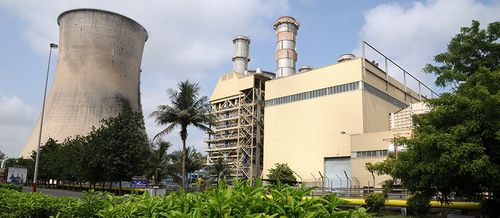The National Petroleum Council (NPC) is calling for a robust carbon pricing mechanism among a series of new measures for advancing the U.S. hydrogen economy.
As currently stated, policies for hydrogen are severely inadequate for the U.S. to meet net zero targets by 2050, a report by the NPC finds, and industry and lawmakers must implement a series of new policies and incentives in order to spur the massive capital investment required to develop a clean hydrogen economy.
The NPC, an oil and gas advisory group to the DOE, has been calling for a carbon price since 2011, and renewed those calls in recommending an explicit long-term carbon price as a cornerstone of a future policy framework.
“A long-term, effective, durable, and transparent price on carbon could phase in as shorter-term low-carbon energy funding and tax incentives are phased out to enable a smoother and more efficient market transition,” the report states. “Explicit carbon pricing in the form of a carbon tax or a GHG cap-and-trade program provide the most economically efficient climate policy.”
The NPC has some 200 members from the oil and gas industry, as well as electric companies, research groups and academic institutions. Industry participants that led individual chapters of the report include Chevron, McKinsey & Company, Air Liquide, Southern California Gas, ExxonMobil, and bp.
Phase in, phase out
The report recommends that the administration work with Congress to phase in an economy-wide price on carbon “well before the current incentives, such as 45V, expire.”
Additionally, the council recommends that, once the carbon price is established, “current implicit pricing incentives (e.g., 45V PTC, 45Q PTC) be phased out in such a way as to allow a long-term explicit pricing policy to be phased in to facilitate a smoother market transition and provide a more stable investment environment for low-carbon energy and hydrogen industry growth.”
Alongside carbon pricing, the report makes an additional 102 recommendations. Among them, the council advocates for increased federal and state policy support. This includes expanding incentives such as tax credits and grants, with particular emphasis on leveraging the 45V hydrogen production tax credit and the 45Q carbon capture tax credit to spur technological adoption and infrastructure development.
The NPC calls for the simplification of regulatory processes to speed up the deployment of hydrogen technologies. This recommendation focuses on harmonizing safety standards and expediting permitting processes to facilitate a smoother rollout of hydrogen infrastructure.
The report also highlights the need for enhanced RD&D efforts across the hydrogen value chain to drive technological advancements and reduce costs. It advocates for stronger collaboration between government and the private sector to foster innovation in hydrogen technologies.
Without these actions, significant differences in the projected capital investment required under two pivotal scenarios for hydrogen development would emerge, according to the study. Under the Stated Policies scenario, assuming existing policy frameworks, only $290m of investment is deployed into both blue and green hydrogen by 2050 in the U.S. In contrast, under a net zero scenario, capital investment is projected at approximately $1.9 trillion by 2050, $124bn for blue hydrogen and $1.78 trillion for green hydrogen.






